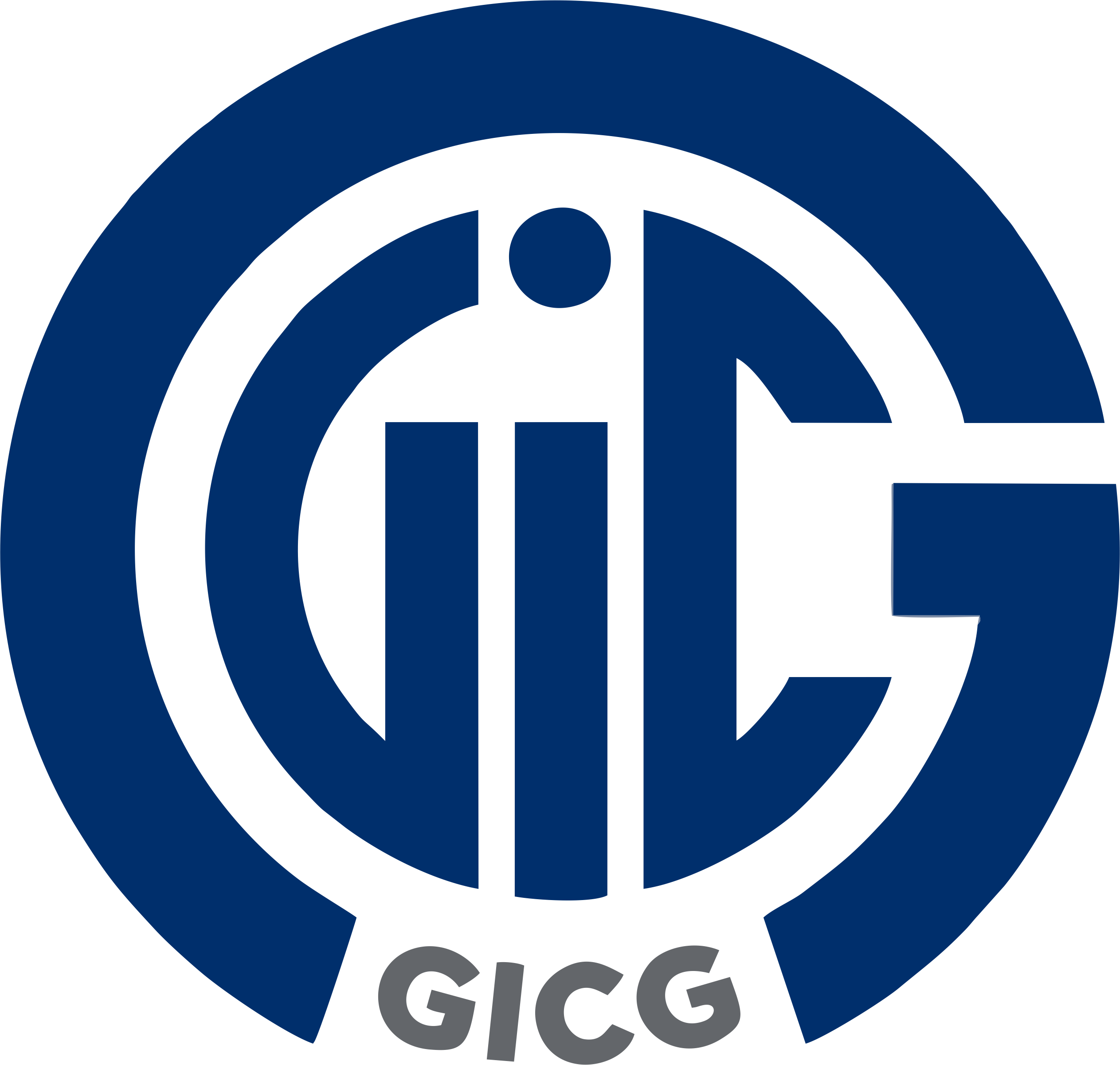IATF 16949:2016 Automotive Quality Management System Certification
 IATF 16949 is a quality management system standard specific to the automotive industry, issued and controlled by the International Automotive Task Force (IATF). This standard was developed to address the need to standardize quality requirements in the global automotive industry, allowing manufacturers and component suppliers to avoid having to comply with multiple national standards. As a result, IATF 16949 facilitates collaboration between suppliers and automotive manufacturers worldwide.
IATF 16949 is a quality management system standard specific to the automotive industry, issued and controlled by the International Automotive Task Force (IATF). This standard was developed to address the need to standardize quality requirements in the global automotive industry, allowing manufacturers and component suppliers to avoid having to comply with multiple national standards. As a result, IATF 16949 facilitates collaboration between suppliers and automotive manufacturers worldwide.
The IATF 16949 standard evolved from QS 9000 and ISO/TS 16949, with ISO/TS 16949 initially issued by the International Organization for Standardization (ISO) in 1999, in collaboration with IATF. It combines requirements from standards such as VDA 6.1 (Germany), EAQF (France), and AVSQ (Italy). QS 9000, on the other hand, was a quality management standard created by the "Big Three" U.S. automakers (General Motors, Ford, and Chrysler), serving as the foundation for ISO/TS 16949 and subsequently IATF 16949.
The IATF 16949:2016 version replaces ISO/TS 16949:2009 and is a standalone standard managed by IATF. This version not only restructures ISO/TS 16949 but also includes improvements based on feedback from OEMs, certification bodies, suppliers, and other stakeholders. Key improvements include requirements for risk-based thinking, knowledge management, and specific customer requirements.
IATF 16949:2016 defines specific requirements for the automotive industry while incorporating critical tools to ensure quality and stability in production. The main requirements include:
- Risk-based quality management: Requires companies to analyze and control risks throughout production and supply processes. Failure Mode and Effects Analysis (FMEA) helps identify and assess potential failures, preventing issues and ensuring product safety. Companies must have a specific risk analysis process for factors like breakdowns, product returns, customer complaints, and defective products to minimize the recurrence of these issues.
- Continuous improvement: IATF 16949 encourages companies to establish continuous improvement processes, focusing on reducing variability and waste in production. Tools like Design for Six Sigma (DFSS) and Statistical Process Control (SPC) help maintain and enhance production efficiency, meet evolving market demands, and improve product quality.
- Problem analysis and resolution: Companies need a root cause analysis process to identify and implement appropriate corrective actions. Tools like FMEA and Fault Tree Analysis (FTA) aid in examining underlying causes of defects, ensuring that similar issues do not recur, thus contributing to stable production processes and consistent product quality.
- Supply chain management: IATF 16949 requires stringent standards for suppliers within the supply chain, from evaluation and selection to monitoring and development. Advanced Product Quality Planning (APQP) assists in planning and managing product quality from design to production, optimizing the entire supply chain.
- Product and process development: Companies are required to apply Design for Manufacturing (DFM) and Design for Assembly (DFA) to optimize manufacturability and assembly processes. Product Part Approval Process (PPAP) is used to inspect and approve components before production, ensuring they meet quality requirements.
- Measurement system analysis: Measurement Systems Analysis (MSA) is a crucial tool to analyze and assess the accuracy and reliability of measurement systems, ensuring accurate quality evaluations of products.
- Statistical process control: Statistical Process Control (SPC) helps monitor and control production processes, enabling companies to promptly identify and adjust factors affecting product quality, thus ensuring products consistently meet standards.
To achieve IATF 16949 certification, companies must select a certification body recognized by IATF. The certification process includes key steps such as a preliminary assessment to determine readiness, a formal assessment to verify compliance with requirements, certification issuance upon meeting standards, and periodic surveillance audits to maintain certification validity.
Achieving IATF 16949:2016 certification brings many benefits to companies, including enhanced reputation, improved efficiency, and product quality, as well as smoother access to the global supply chain. Being certified to IATF 16949:2016 demonstrates a company's commitment to quality and reliability, helping build trust with customers and strengthening competitiveness within the automotive supply chain.
For training and certification services related to IATF 16949:2016, please contact:
GIC VIETNAM
12F, 14 Lang Ha Building, Ba Dinh District, Hanoi
Tel: 024.6275 2268, Fax: 024.6275 2269, Email: tuandm@gicvn.vn
Ho Chi Minh City Office: R502, 160 Nam Ky Khoi Nghia, Tel: 028.39307936




